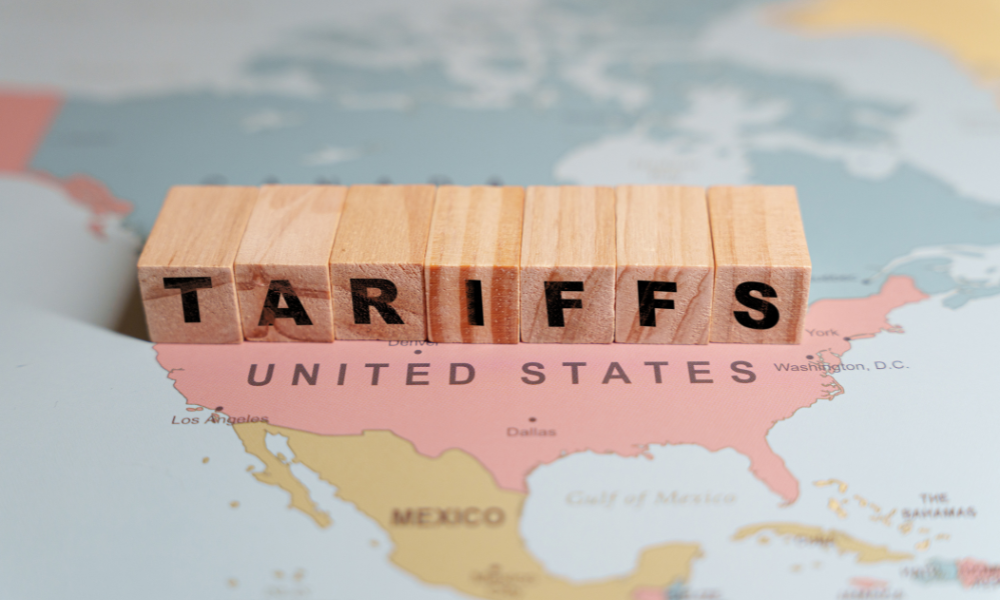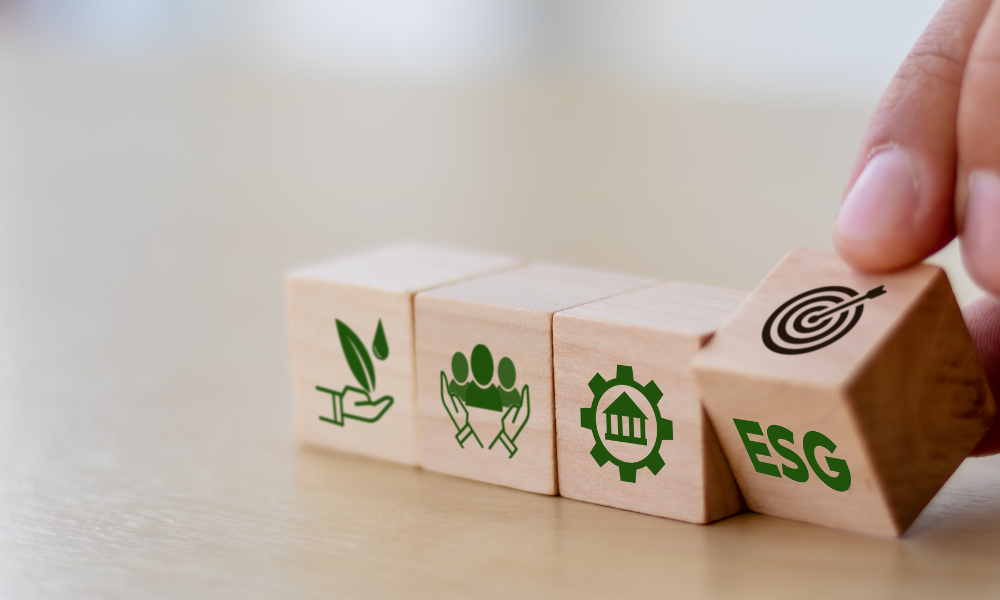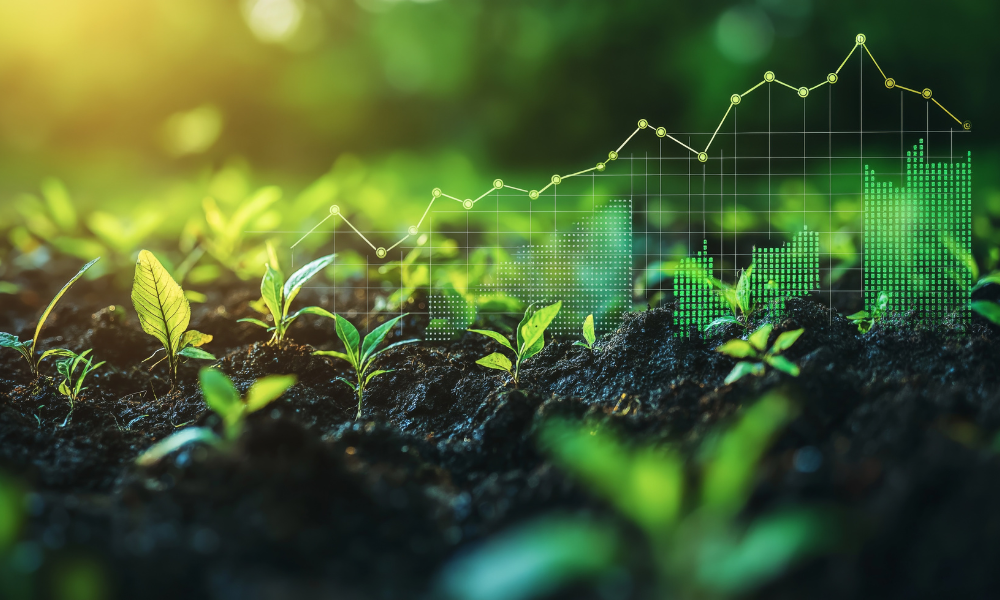There's still time to achieve a more balanced portfolio with lots of liquidity, says PM

There’s finally a glimmer of hope for markets and the economic recovery after telling signals from the Federal Reserve and big banks, according to one portfolio manager. However, it's still prudent to start preparing portfolios for what could be a late-cycle recession this year.
“We’ve now had five months of extremely difficult market conditions,” Mark Holman, founding partner and portfolio manager of strategic income strategy for TwentyFour Asset Management, a fixed income boutique of Vontobel, told Wealth Professional. “We’ve had a period of time in which market correlations have broken down. There’s typically no bond rally when equities go down. Credit would widen if bonds were rallying.
“What we’ve seen in fixed income is yields increasing because of the risk-free rates going up, and we’ve seen credit spreads widening at the same times, which is really unusual, but it doesn’t tend to last for very long. It only tends to be this way when rates become the source of risk. So, that’s a horrible environment., and that’s lasted five months.”
The US high yield index is “north of 750”, which he said, “you normally associate with very, very harsh economic conditions, but we don’t have those conditions yet.”
Holman is finding hope in two things. One is the fact that while the Fed may be tightening, it may not be planning as much as earlier anticipated. He’s now expecting two more rate increases, then a pause as it considers its next steps.
The second factor is that the big banks are reporting that the U.S. consumer is in exceptional shape. Holman said the big banks are “lending into every single cohort and the detail that they got from those cohorts is incredibly important.” They’re reporting that credit conditions are almost as good as they’ve ever been. The U.S. consumer has a lot of cash and is spending more money than a year ago. The airports are also busier now than pre-pandemic in 2019.
“So, I think last week’s commentary is giving us a glimmer of hope from the big banks that the credit condition and consumer are healthy,” said Holman. “Maybe the Uber-hawkishness that we saw from the Fed has peaked, and now it’s going to push through two more increases, but then maybe slow down a bit.
“If these are worries that investors had – which is fear of recession and fear of rates being hiked very, very quickly – maybe some of those worries, for the short-term at least, are overdone, and the concerns of being late cycle are not yet there.”
While it could take awhile for it to develop, he said we could see growth slowing and late cycle could bring deteriorating credit, more company leveraging, and less consumer cash buffer than they’ve had in the pandemic. So, he recommended advisors keep an eye on the data and trends, particularly as banks report about corporate and consumer America, as we move through the rest of this year.
Holman believes that we’ll reach late cycle by the end of the year, and it still has some buffer to protect it from a recession before that erodes then. But, late cycle could last a long time and there are things advisors can do now to protect their portfolios in case there is a recession.
“If you have a very short-dated portfolio, you eventually get all the money back,” he said, “So, don’t capitulate on those short-dated bonds. You will get everything back that you put in in the first place. Those losses are very recoverable.
“I think we need to be moving toward a more balanced portfolio with plenty of liquidity, so we can make adjustments as needed. Now’s the time to start embracing a little bit of U.S. Treasury risks, and adding a bit more. Yields have gone up quite a lot, and they will help in a recession. They won’t hurt you so much now that they’re almost at three per cent.
“We need to slowly reduce our credit spread duration and we need plenty of liquidity. So, I think we’ve got time on our hands now to begin to position for late cycle and then be really cognizant of what late cycle means and what the drivers might be.”



